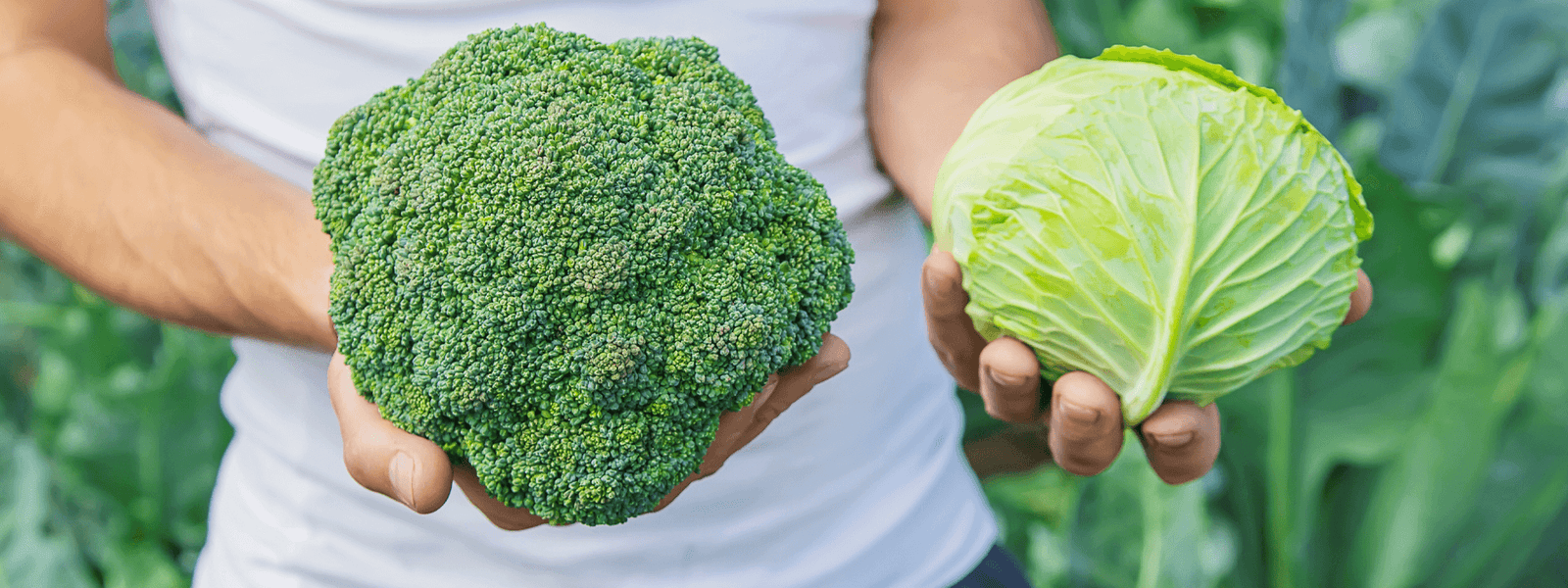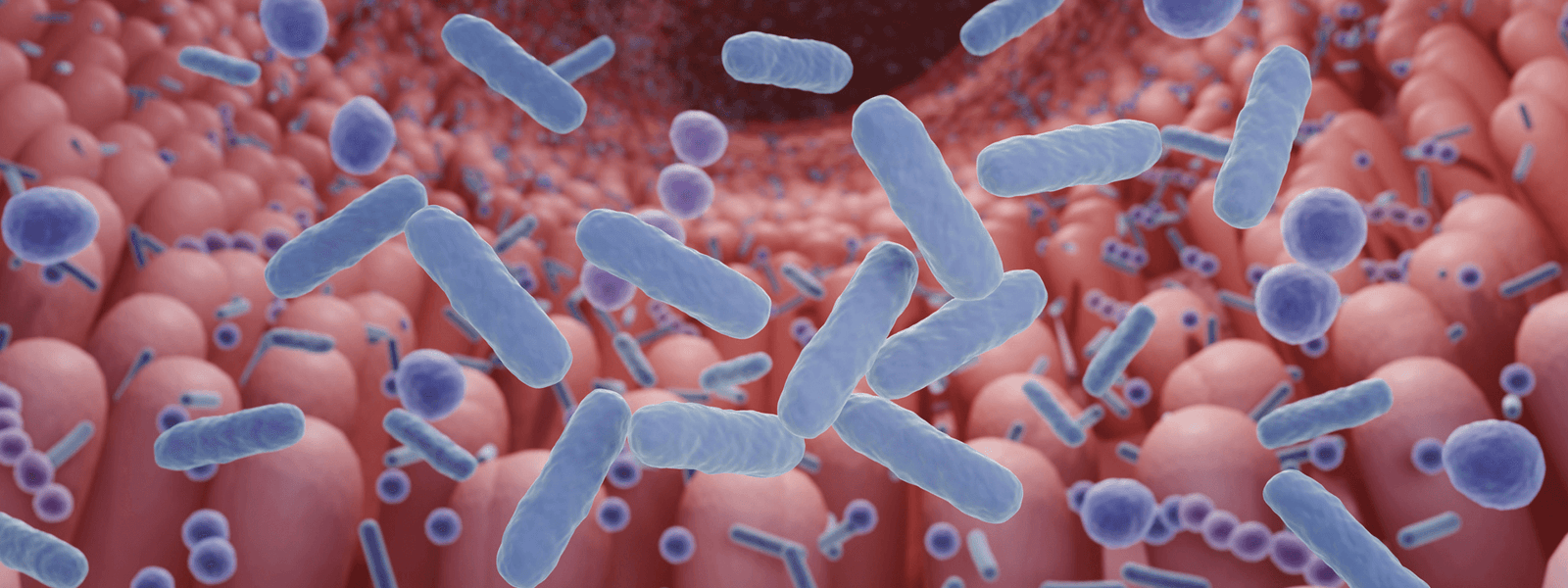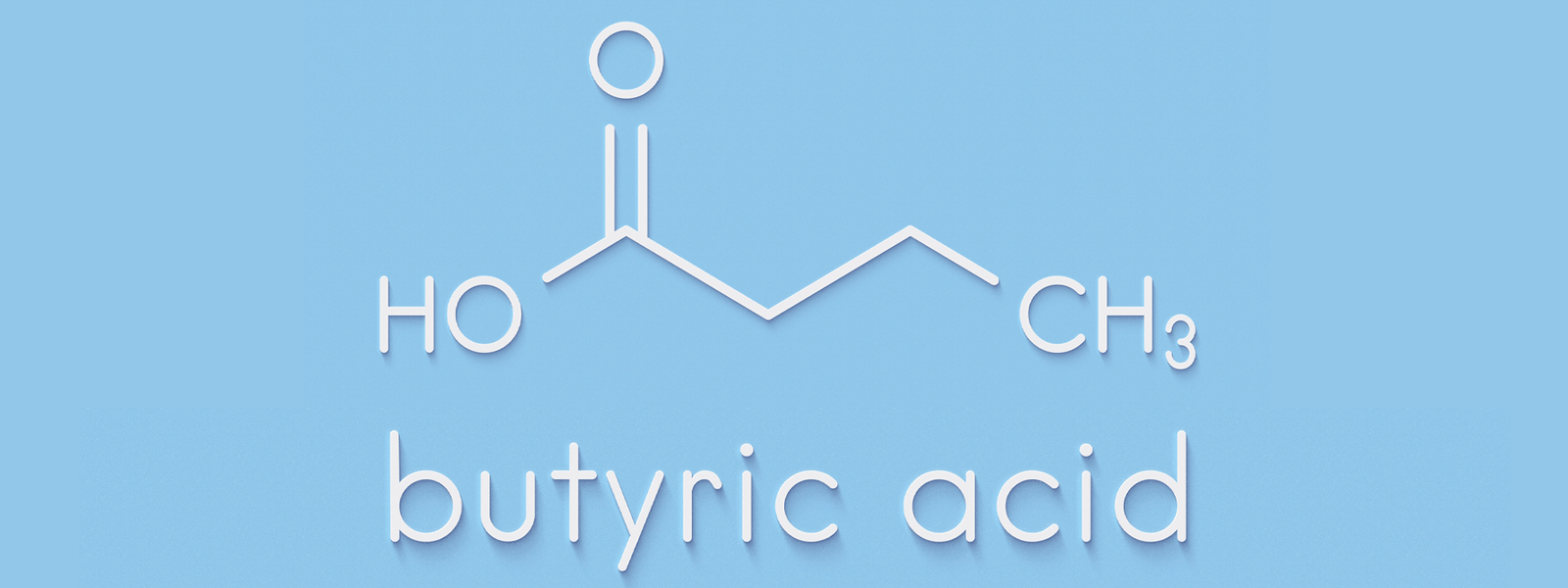Environmental chemicals are implicated in up to 90% of all cancers, according to research by the World Health Organization. But what if you want to prevent your benign colon polyps (adenomas) from turning cancerous? Are there certain foods that can help?
High fibre diets have been shown to be helpful in general for numerous health benefits such as lowering cholesterol and possibly preventing polyups or diverticulitis by getting rid of numerous toxins that remain in the colon.
Dietary Nutrition and Fiber Consumption
Scientific studies for the past half century have emphasized eating a high-fibre diet without being specific as to what type of foods are best. According to the May 2009 issue of Total Wellness newsletter, by eating a special raw food breakfast or snack, you’re off to a good start.
First you take a handful of raw buckwheat groats (or any whole grain that is not processed) and put it into a glass jar of filtered water. On top of the groats, you put a handful of almonds. Then on top of the almonds goes a handful of sunflower seeds.
You leave these three ingredients to soak in the refrigerator overnight. They will begin to sprout. Take out the grain and seed mixture and add some fruit in a bowl.
Add liquids to the fruit, nut, and grain soaked raw mixture...
Other nutritional approaches can include adding two tablespoons of lecithin granules. Raw vegetables and salads (radishes, cucumbers, zucchini, green onions, fennel, carrots, celery, or any raw vegetables you enjoy), and of course fruits; Cooked and/or oily fish...
The science behind the nutrition...
Some nutritionists and researchers are looking at high vegetable fibre diets with vitamin D3 as one way to possibly shrink colon polyps.
One question researchers have been asking is whether the fatty acid, Butyrate (an ester and salt of butyric acid, an organic short chain fatty acid) along with a high vegetable fibre diet and a daily amount of vitamin D3 can turn colon polyps into a state where they could shrink and disappear by the process of redifferentiation (the return to a fully specialized condition for the performance of a particular function after a period of nonspecific activity)?
Could Butyrate lower your risk of getting colon cancer?
When you eat a lot of raw vegetables and fruits day after day for a few weeks, your stools will contain a lot of the natural chemical Butyrate. This is because Butyrate is the single biggest natural metabolite of fiber. Adequate amounts of butyrate are necessary for the health of the large intestine cells. Interestingly the only direct diet source of butyrate is butter! Another reason not to eat margarine or these other butter ‘substitutes’.
When the butyrate is present at a higher level than usual in your intestines and colon, it causes a reaction called redifferentiation. i.e. a high butyrate content may help abnormal (or in this particular theory, cancerous) cells begin to return back to their normal state.
How does Butyrate work?
Butyrate works by metabolizing fibre in the colon. It helps produce the energy necessary for the health of the large intestine. The molecular basis of how Butyrate works is by effecting a chemical "unloosening" of molecules that otherwise binds and constricts the activity of the p21 gene. This gene is responsible for the manufacture of p21 protein, a compound that slows the growth of cancer cells.
According to a 2003 study, "Participants in the highest quintile of dietary fibre intake had a lower risk of adenoma than those in the lowest quintile. The inverse association was strongest for fibre from grains and cereals and from fruits. Risks were similar for advanced and non-advanced adenoma." (The Lancet, 3 May 2003).
This is also thought to be significant for people suffering other chronic digestive disorders, such as leaky gut syndrome, where the compromised intestines leak bacteria and undigested food into the bloodstream. As well as liver and gallbladder congestion and states of toxicity.
Folic acid is although thought to help to prevent polyps. Despite some media-hyped conflicting studies, folic acid has shown to be beneficial in general health and helping to prevent degenerative disease. See my previous article on this specific subject.
Supplementation of Fiber to Prevent Polyps
Taking further supplementation to help boost your general health is advised. Vitamin D3 and omega 3 fatty acids are advised specifically, which I agree with, but as well as this there are many advanced nutrients that work in balance with fatty acids and essential vitamins, that can help to not only keep your body in balance, but strengthen it, organs and systemically in terms of immunity and disease fighting ability.
See our Total Balance and Omega 3 ranges for more information on how these can help as part of your daily protection and fight against degenerative disease.
Also look out for our new prebiotic supplement formula that targets digestive imbalances, Digesten-K (now Kiwi-Klenz), soon to be released in the appropriate amount not the synthetic vitamin D2. Best of all get your Vitamin D from the sunshine.
Also look out for our new formula, Digesten-K (now Kiwi-Klenz), soon to be released. This is a vital first-step to helping any digestive imbalance or abnormality, in order to help boost and improve not only digestion, but the absorption of essential nutrients from your Total Balance and other supplementation, along with providing essential prebiotics to help boost your good intestinal health (more information to follow...)


 Supplements
Supplements Bundles
Bundles





















